Foie gras is a controversial delicacy from French cuisine, made from the liver of geese or ducks. The term "foie gras" means "fat liver" in French and refers to the fact that the liver is enlarged by a special feeding technique.
Usually, the production of foie gras is done by force-feeding geese or ducks, also known as "gavage". This method consists of pumping a special mixture of corn and grain through a pipe into the stomach of the poultry several times a day over a period of several weeks. Transferred to humans, the amount corresponds to about 12 kg of noodles per day. This leads to rapid weight gain and a significantly enlarged liver.
Foie gras has long been considered an important part of French cuisine and is often regarded as a delicacy. It comes in a variety of forms, including terrine, pâté, and fresh roasted. Due to its popularity and production methodology, foie gras is considered one of the most expensive and exclusive foods in the world.
The production of foie gras is not only controversial, but also illegal in some countries, such as Germany, Italy, the United Kingdom, as well as parts of the United States. Critics argue that force-feeding the animals is cruel and inhumane, and that the poultry must suffer constant pain and stress. Many animal welfare organizations have launched campaigns against foie gras production and are calling for a blanket ban on the practices.
However, in countries such as France, there are also those arguments that emphasize that the production of foie gras would be part of the cultural identity, is tradition of the country and that the animals would be treated well. Proponents of foie gras production also claim that the enlargement of the animals' livers is a natural process that also occurs in nature.
Overall, the production and consumption of foie gras remains a controversial topic that touches on both culinary and ethical considerations. Therefore, a product like our Happy Foie offers a sustainable and more animal-friendly alternative if you don't want to miss out on the taste of the delicacy.
Usually, the production of foie gras is done by force-feeding geese or ducks, also known as "gavage". This method consists of pumping a special mixture of corn and grain through a pipe into the stomach of the poultry several times a day over a period of several weeks. Transferred to humans, the amount corresponds to about 12 kg of noodles per day. This leads to rapid weight gain and a significantly enlarged liver.
Foie gras has long been considered an important part of French cuisine and is often regarded as a delicacy. It comes in a variety of forms, including terrine, pâté, and fresh roasted. Due to its popularity and production methodology, foie gras is considered one of the most expensive and exclusive foods in the world.
The production of foie gras is not only controversial, but also illegal in some countries, such as Germany, Italy, the United Kingdom, as well as parts of the United States. Critics argue that force-feeding the animals is cruel and inhumane, and that the poultry must suffer constant pain and stress. Many animal welfare organizations have launched campaigns against foie gras production and are calling for a blanket ban on the practices.
However, in countries such as France, there are also those arguments that emphasize that the production of foie gras would be part of the cultural identity, is tradition of the country and that the animals would be treated well. Proponents of foie gras production also claim that the enlargement of the animals' livers is a natural process that also occurs in nature.
Overall, the production and consumption of foie gras remains a controversial topic that touches on both culinary and ethical considerations. Therefore, a product like our Happy Foie offers a sustainable and more animal-friendly alternative if you don't want to miss out on the taste of the delicacy.












